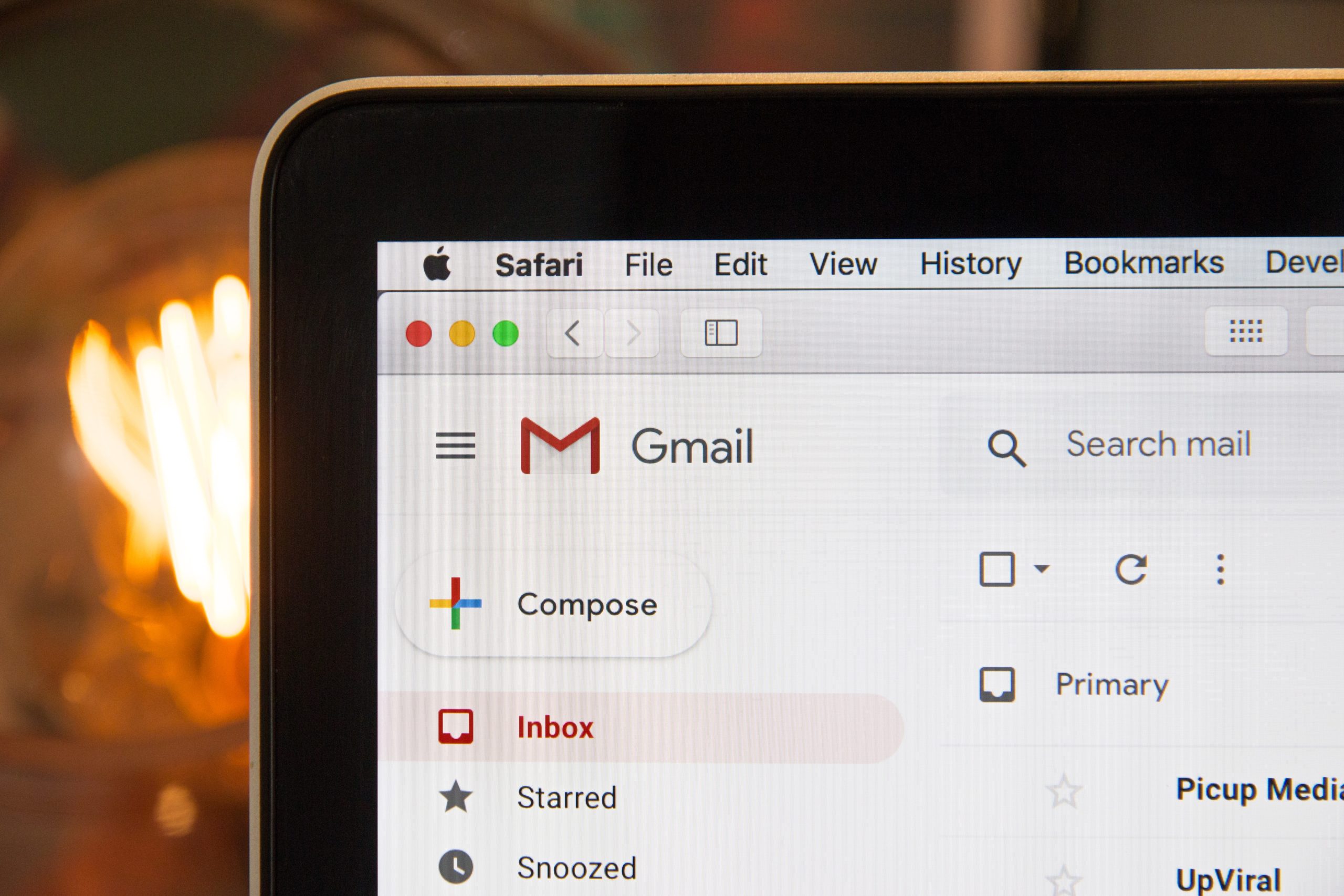Thanks to the pandemic forcing employees to start operating from home, more users than ever have been falling for phishing and email attacks. Think about how many times a day you open an email from someone you know and click a link or open a file. Each time you do those things is a chance for an outsider to trick you. Here are some clues that will help you determine if your email account has been compromised and a few steps to protect yourself.
The use of an email address owned by a real person reinforces the impression of the legitimacy of a criminal’s phishing scam. When your email account is hijacked by a criminal or malware, it is often added to a list of compromised accounts that are then used to further spread the phishing attempts. This is the reason why you receive suspicious emails from contacts in your email address book. Likely, their account has back broken into and their email address had been used as a “spambot”.
Look through your sent mail, check the recipients, and browse when the emails were sent. If you are doubtful that you had sent a particular email, it’s a key indication that your email has been compromised. Your business contacts may even contact you that they are receiving strange emails from your account.
We often forget how valuable the information is that is sent to our email accounts. For example, sometimes a particular email account has been designated for two-factor authentication for other email accounts, and when the particular email account in question becomes compromised, it is a golden ticket for access to your more valuable accounts. If a hacker has access to your email, they can easily change the passwords to your other accounts which will make it hard to regain control over your online life. Check your deleted emails to see if there are correspondences relating to your other accounts about a password change that you did not personally request. This can be a great indicator that someone is quietly using your email as well as trying to gain access to your other accounts.
One of the best ways to determine if someone has gained access to your email account is to check the login activity, including the IP address and location used to access your account. If you see a location or device that you don’t recognize as being used to access your account, that should be a cause for concern. What you can do is enable alerts to another device, like your phone, when someone logs into your email account. This can help you monitor the activity on your account and stop further damage.
The number one tip we can recommend to you to prevent a criminal from using your email account to send phishing campaigns or to access your other personal accounts is for you to change your password often.
LibertyID is the leader in identity theft restoration, having restored the identities of tens of thousands of individuals without fail. If you retain personal information on your customers, now is the time to get data breach planning and a response program in place with our LibertyID for Small Business data breach preparation program. With LibertyID Enterprise you can now add value to existing products, services, or relationships by covering your customers, employees, or members with LibertyID’s fully managed identity theft restoration service—at a fraction of our retail price—with no enrollment and no file sharing. We have no direct communication with your group members–until they need us.
Call us now for a no obligation proposal at 844-411-LIBERTY (844-411-5423).

